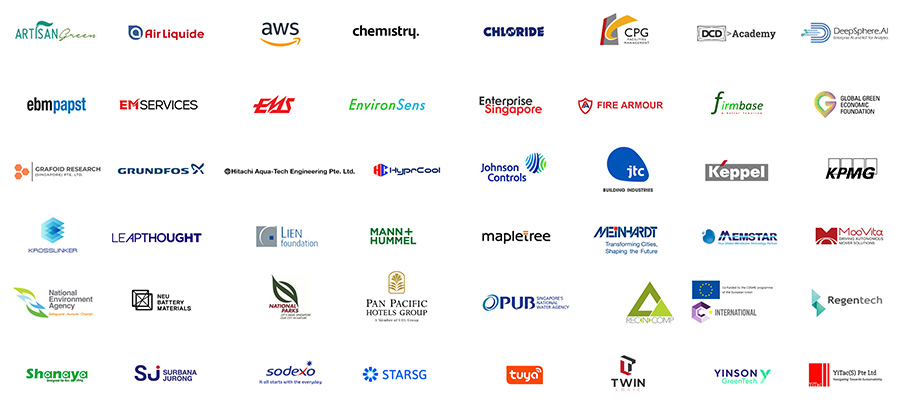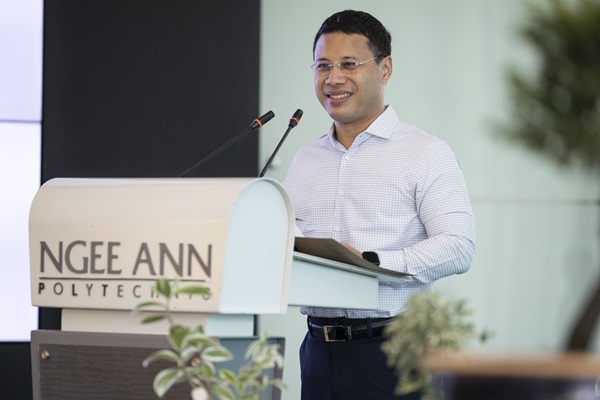Our Unwavering Commitment to Environmental Stewardship
Environmental stewardship is an enduring commitment. Here at NP, our green journey did not just take off today; it started way back in 2013 when we decided to go green at all our foodcourts on campus. Over the past decade or so, we have pioneered many initiatives and made significant strides in the push for environmental sustainability.

Ranked #1 among polys & ITE for lowest energy utilisation index (EUI)

First poly to offer a Minor in Sustainability

19% reduction in water consumption against baseline 2013

First poly to install solar panels to harness renewable energy

Biodiverse campus with over 1,000 trees and more than 100 tree species

First poly with an intelligent Integrated Operations Centre to receive S$1M grant to lead the way in smart facilities management

First building in Singapore to be retrofitted with Distributed Pumping System

Recipient of President’s Award for the Environment 2014

Recipient of Energy Efficiency National Partnership Awards 2021

Achieved Green Mark Certification for 35 Blocks

Achieved Eco-Office Certification for 13 Offices
Looking Ahead: Our Sustainability Goals

Water usage
Reduce by 10% by 2030

Energy usage
Reduce by 10% by 2030

Carbon Footprint
Net zero by 2045

Waste generation
Reduce by 30% by 2030








